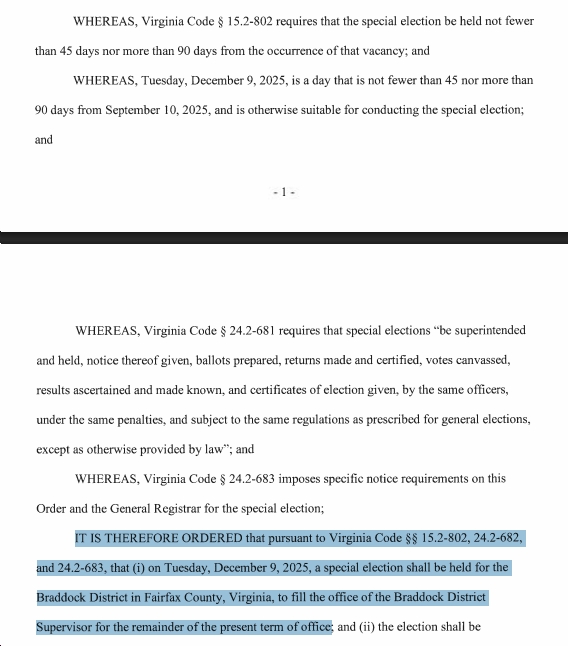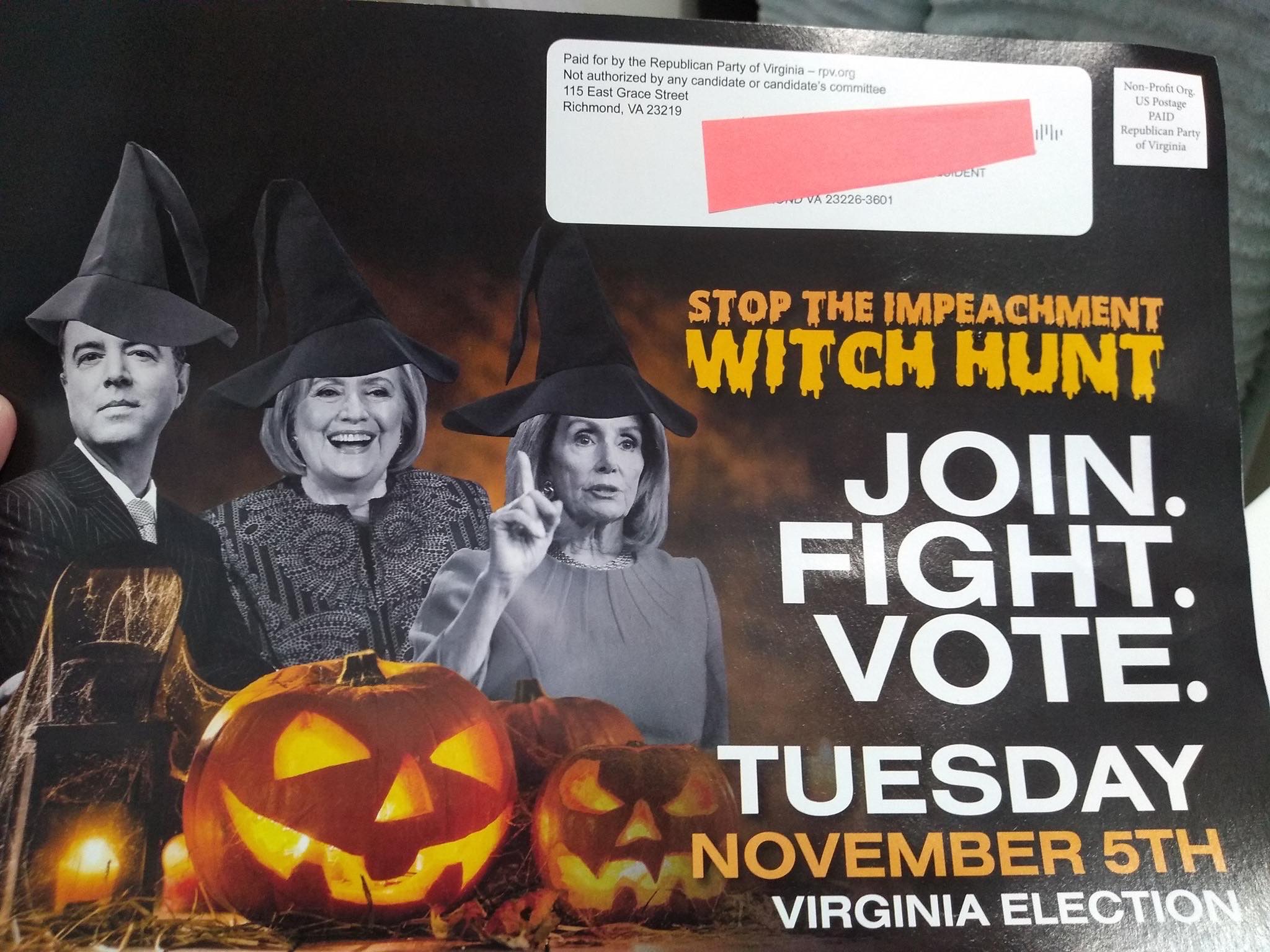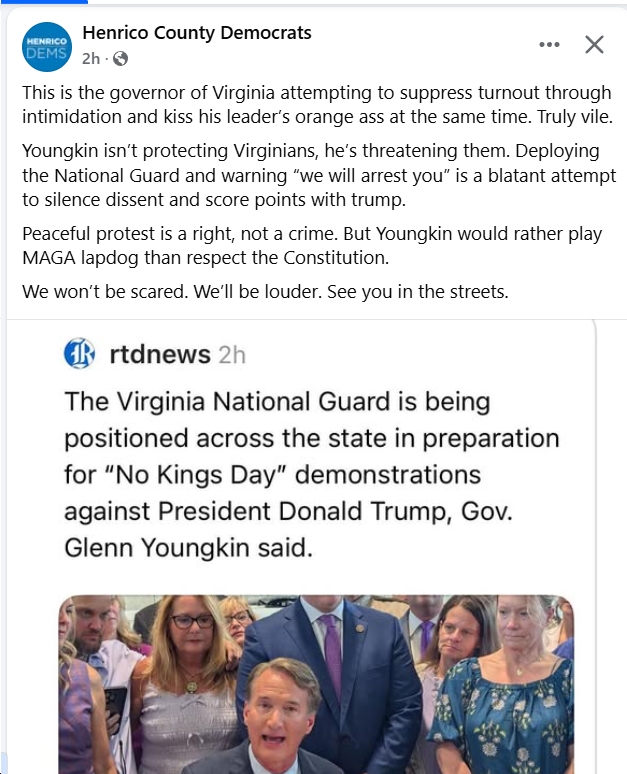Tell me a little about your background.
I am a graduate of the Military Academy at West Point and US Army veteran. Following my service in the Army, I attended law school at Temple University in Philadelphia, where I was a member of the Temple Law Review and a Fellow in the Public Interest Law Honor Society. I graduated Temple with honors in 2010.
I was recruited to the United States Department of Justice through the Attorney General’s Honors Program. I spent the next six years as a federal prosecutor under the Obama Administration—first as a Special Assistant United States Attorney for the Eastern District of Virginia, and later a Trial Attorney in both the Criminal Tax Division and the Consumer Protection Branch.
In 2016, I moved on from the Justice Department, becoming the Chief Operating Officer and General Counsel at Paragon Autism Services. Currently, I lead Paragon’s efforts to provide behavioral therapy to some of Virginia’s most vulnerable children—those who rely on Medicaid for treatment or don’t have access to the resources or support to adequately meet the needs associated with their Autism Spectrum Disorder.
What made you want to run for Commonwealth’s Attorney?
My experience with criminal justice issues at all levels taught me that the elected prosecutor—as the leader of the community’s criminal justice system—is the individual who can best ensure the criminal justice system represents the values of the community the system is meant to serve. Our current Commonwealth’s Attorney does not represent Fairfax County values. The incumbent is a regressive prosecutor with a record of fighting against Fairfax County’s progressive, Democratic values. There are three instances that exemplify this best. First, after Governor Terry McAuliffe worked to restore voting rights to people who have paid their debt to society, the incumbent joined the Republican lawsuit to stop this moral stand. Second, in 2014, the incumbent testified against Attorney General Eric Holder and the Obama Administration’s proposed plan to end the War on Drugs and reform our criminal justice system. And finally, the incumbent was serving as executive committee member and Treasurer/Secretary of the conservative National District Attorney’s Association when that organization wholly endorsed Jeff Sessions as the best choice to be our country’s next Attorney General.
These are not Democratic values. These are not Fairfax County’s values. The incumbent has held this position for 12 years with a draconian view of justice. It’s time for a change in Fairfax County.
What role do you think prosecutors should play in reforming the criminal justice system?
It is imperative that elected prosecutors are leaders in criminal justice reform. As leader of the County’s criminal justice system, the Commonwealth’s Attorney is best positioned to build coalitions with legislators, activists, and thought leaders, and implement the reforms that will best represent the values of the community. Without actively engaging with the communities they serve, a Commonwealth’s Attorney is unable to fulfill this leadership requirement.
What current policy position in your Commonwealth’s Attorney’s office is your highest priority to reform?
Cash bail reform. I will work tirelessly to make sure everyone gets a fair shake in our criminal justice system and part of that is no longer punishing poor people for being poor. Other states in the region and around the country have eliminated cash bail to great success, making their systems more fair. This is something that can start Day 1, and I intend to stop recommending cash bail when in office.
But true bail reform isn’t an event—it’s a process. If we eliminate cash bail and rest on our laurels, we risk substituting one bad system for another bad system. Virginia is lucky to already have a Pretrial Risk Assessment Instrument (VPRAI), a research-based instrument meant to determine an individual’s level of risk to the community and risk of failure to appear at subsequent court hearings. As someone who is committed to reforming our bail system to further equality, I will be laser focused on continuing to push for the VPRAI’s outcomes to be studied and the VPRAI to be continually modified so that we ensure that the VPRAI is completely objective with no systemic bias based on factors such as race, gender, and income. The goal isn’t to simply be able to say, “cash bail has been eliminated,” but to actually make our system more fair and just.
Should we decriminalize marijuana?
Yes. The War on Drugs has failed. Relative to use, people of color are disproportionately tried, convicted, and sentenced to prison time for marijuana-possession. This contributes to mass incarceration and the disparate representation of people of color in our prisons. Prosecuting low-level possession cases wastes valuable resources and doesn’t make our communities safer. I will approach these and other non-violent cases with an eye towards reform.
The legislature was unable to end the practice of civil asset forfeiture last year. Should they keep trying, and what do you think stands in the way?
Progressives have never shied away from a tough fight. Our legislators should continue to push for ending the practice of civil asset forfeiture. This practice is legalized theft.
Whenever a criminal justice bill comes up in Richmond, legislators hear from conservative law enforcement officials and organizations. There needs to be a counterweight to this: a commonwealth-wide coalition made up of progressive-minded reformers and advocates who can effectively engage the state legislature and promote a progressive view of justice that rejects practices like civil asset forfeiture.
Are diversion programs effective, and when should they be used?
Diversion programs are scientifically sound and incredibly effective. Prosecutors should utilize diversion programs whenever the program helps an individual address the root causes of their criminal activity and the diversion doesn’t pose a serious threat to the community. Incarceration should not be the default tool used to keep our communities safe.
We hear a lot about the school to prison pipeline. What can be done at the Commonwealth Attorney’s level to actually break it up?
The office of the Commonwealth’s Attorney handles juvenile cases referred to the court from all sources, including those initiated through arrests by School Resource Officers. Because the juvenile court’s court service unit makes the determination as to whether the complaint warrants court involvement, diversion out of the court system, or no action at all, the Commonwealth’s Attorney’s decision point is later in the process. The decision the Commonwealth’s Attorney makes that can either disrupt or feed the school-to-prison pipeline is the decision whether to charge the juvenile as an adult. Children as young as 14 are eligible to be charged as an adult. The juvenile justice system offers programs and opportunities for minors to get their lives back on track and stay in their community that simply are not available in the adult system. Putting a minor into the adult system greatly increases the likelihood that their future will consist of recidivism and repeated incarceration.
In many instances where the Commonwealth’s Attorney determines whether to charge a minor as an adult, the Commonwealth’s Attorney has more power than the judge and can charge a minor as an adult regardless of the court’s desire. As Commonwealth’s Attorney I would direct the prosecutors in my office to keep juveniles in the juvenile system except in extreme circumstances. I also would use the bully pulpit of being the leader of the Commonwealth’s largest criminal justice system to advocate for policies that would end the school to prison pipeline.
What do you think about the death penalty?
I’m against the death penalty and will not seek it – period, full stop. The death penalty is a racially discriminatory punishment that doesn’t keep us any safer than alternatives, but costs much more. Use of the death penalty is simply an old-school prosecutor’s way to signal to voters that they’re “tough on crime.” The money wasted on securing and defending death-penalty sentences would be better used on things that actually keep us safe. Instead of useless signaling, I’ll focus on increasing community safety.





![[UPDATED 1/6/26] Several Upcoming Virginia Special Elections in January – for SD15, HD77, HD11, HD23, HD17; Also a Dem “Firehouse Primary” for Fairfax County School Board (Braddock District)](https://bluevirginia.us/wp-content/uploads/2026/01/montagespecialelections010226.jpg)











